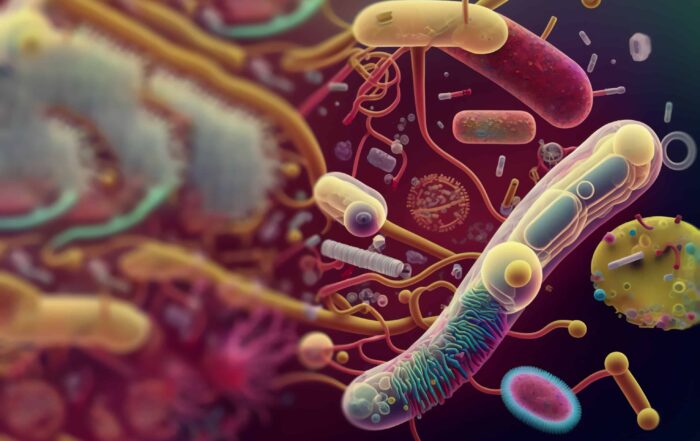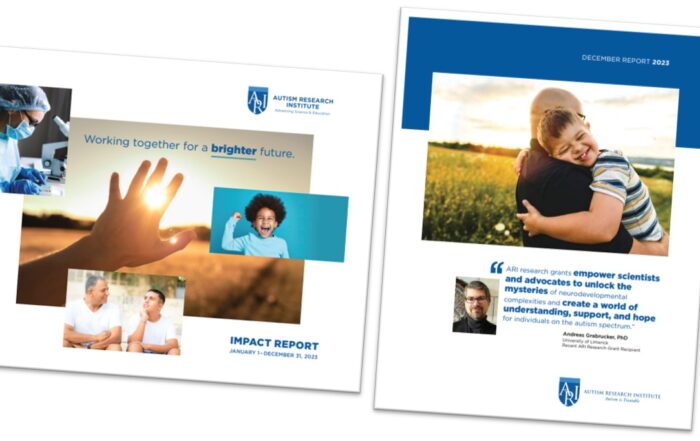Nonverbal or minimally verbal children with autism spectrum disorders (ASD) may understand significantly more language than they are able to produce, according to a new study.
Yanru Chen and colleagues analyzed data collected on nearly 1,600 children with autism and low verbal skills. The researchers found that 25 percent of the children exhibited better receptive than expressive language skills.

Chen says, “We used both parent reports and standardized language measures in our study and found that parent reports were more appropriate for capturing the language variations in [these] individuals than standardized measures.”
She comments, “Our findings highlight the importance of supporting language comprehension development in [these] individuals. Clinicians and therapists should consider these skills when planning and implementing interventions, providing instructions that are simple and clear enough to understand so [the children] can get the most out of the interventions.”
The researchers also found that children with better motor and social skills had a greater likelihood of understanding what people were saying, even if they were nonverbal. Chen suggests that incorporating social and motor skills training in language interventions may be of benefit, saying, “This could potentially optimize the overall outcomes of the interventions by integrating several closely linked areas of development.”
—
“Kids with nonverbal autism may still understand much spoken language,” Dennis Thompson, Medical Xpress. Chen and colleagues presented their research at the annual INSAR conference in May 2023. Address: Yanru Chen, [email protected].
This article originally appeared in Autism Research Review International, Vol. 37, No. 2, 2023
Editorial – Fecal Microbiota Transplantation and Autism
Over the past several years, Fecal Microbiota Transplantation (FMT) has become the subject of growing interest in the autism community due, at least in part, to the increased awareness of the gut-brain
ARI’s Latest Accomplishments
Connecting investigators, professionals, parents, and autistic people worldwide is essential for effective advocacy. Throughout 2023, we continued our work offering focus on education while funding and support research on genetics, neurology, co-occurring medical
Biomarkers start telling us a story: Autism pathophysiology revisited
Antonio Persico, MD, a recent ARI Research Grant recipient, explores the role of biomarkers in understanding autism pathophysiology. He discusses the complexity inherent to neurodevelopmental conditions and emphasizes the need to combine




